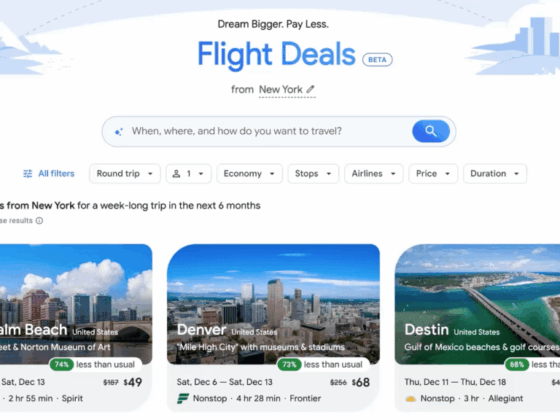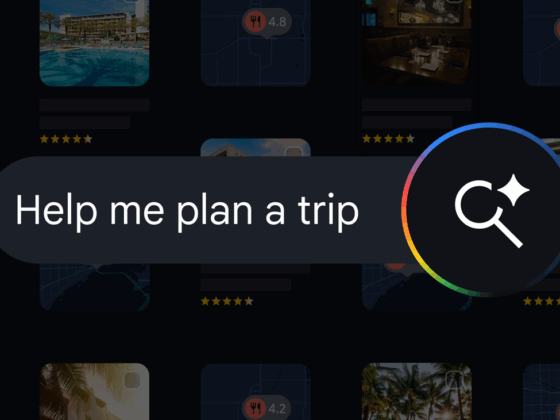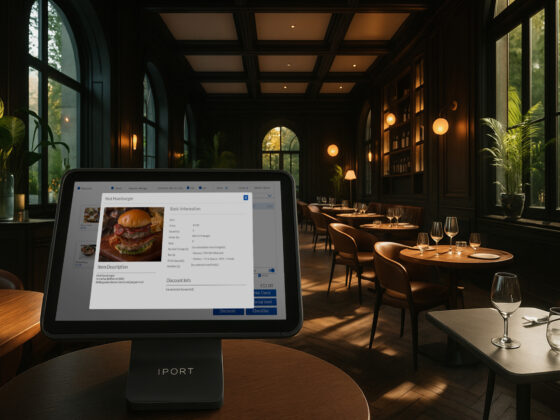
Artificial intelligence is already transforming the way our industry operates, and its impact is only going to accelerate. The way travelers discover, evaluate, and book hotels is being rewritten in real time, and operators like us need to adapt quickly to stay relevant.
Search Has Changed Forever
Until recently, the playbook for digital visibility was simple: build a strong website, invest in SEO, and hope Google ranked you well enough to get noticed. But today’s travelers are searching in a new way through large language models (LLMs). These engines don’t return long lists of options like Google. Instead, they provide one or two direct answers. That means if someone asks for the “best hotel in Nashville”, the LLM may return just a single property. Meanwhile, the old Google search returns sponsored links followed by several lists from Forbes, Trip Advisor, Conde Nast, etc., and you have to sort through all the answers to find what you want.
This shift means traditional SEO is no longer enough. We’ve entered the era of Generative Engine Optimization (GEO). GEO favors content that is fresh, authoritative, trustworthy, and conversational, content that reflects real expertise and avoids overly polished marketing language. Our job is to ensure that our properties appear in these new search results by producing content that meets those standards.
Practical Steps Hotels Can Take
AI doesn’t require billion-dollar budgets. We’ve seen firsthand how smaller operators can benefit from practical, creative uses of the technology. We recently held an “AI Challenge” with our property leaders to surface real-world applications. Some of the best examples included:
- Smarter Performance Analysis – Using AI to connect STR report variances to significant events, weather disruptions, or school calendars.
- Guest Feedback at Scale – Importing reviews into AI tools, spotting trends, and creating service action plans, training programs or service guides based on the insights.
- Content Creation Support – Building social media strategies and integrating them with design platforms like Canva.
- Local Sales Prospecting – Tracking new job postings, Chamber of Commerce announcements, and other signals to identify potential accounts.
These are manageable, affordable, and impactful steps that any operator can take today.
The Challenges We Still Face
Of course, it’s not all smooth sailing. AI still makes mistakes. Trust, workflow design, and data accuracy continue to be challenges. There’s also fear. Some worry AI could eliminate jobs.
In hospitality, though, we’re not on the front line of job disruption. Analysts and revenue managers may see their roles evolve the most, but for those who remain, their importance will only grow. The key is upskilling, helping teams learn how to use AI well instead of being replaced by it.
Forecasting with AI
If we look further down the road, one of the most exciting opportunities is forecasting. Imagine AI that doesn’t just crunch occupancy numbers but connects them to hiring patterns, event schedules, and even behavioral science. We believe the “holy grail” is a forecasting system that is flexible, local, and smart enough to identify both trends and anomalies. It’s not science fiction. We are closer than you think.
For operators wondering where to begin, our advice is simple: start with small, high-impact use cases, assign an AI champion, and encourage curiosity. The more we learn and experiment, the more value we can unlock.
Scientists estimate that 99% of all animals that ever lived are extinct. The lesson is clear: adapt or risk becoming a dinosaur. As for me and my business, we choose to adapt, and we’re excited about what’s ahead!







